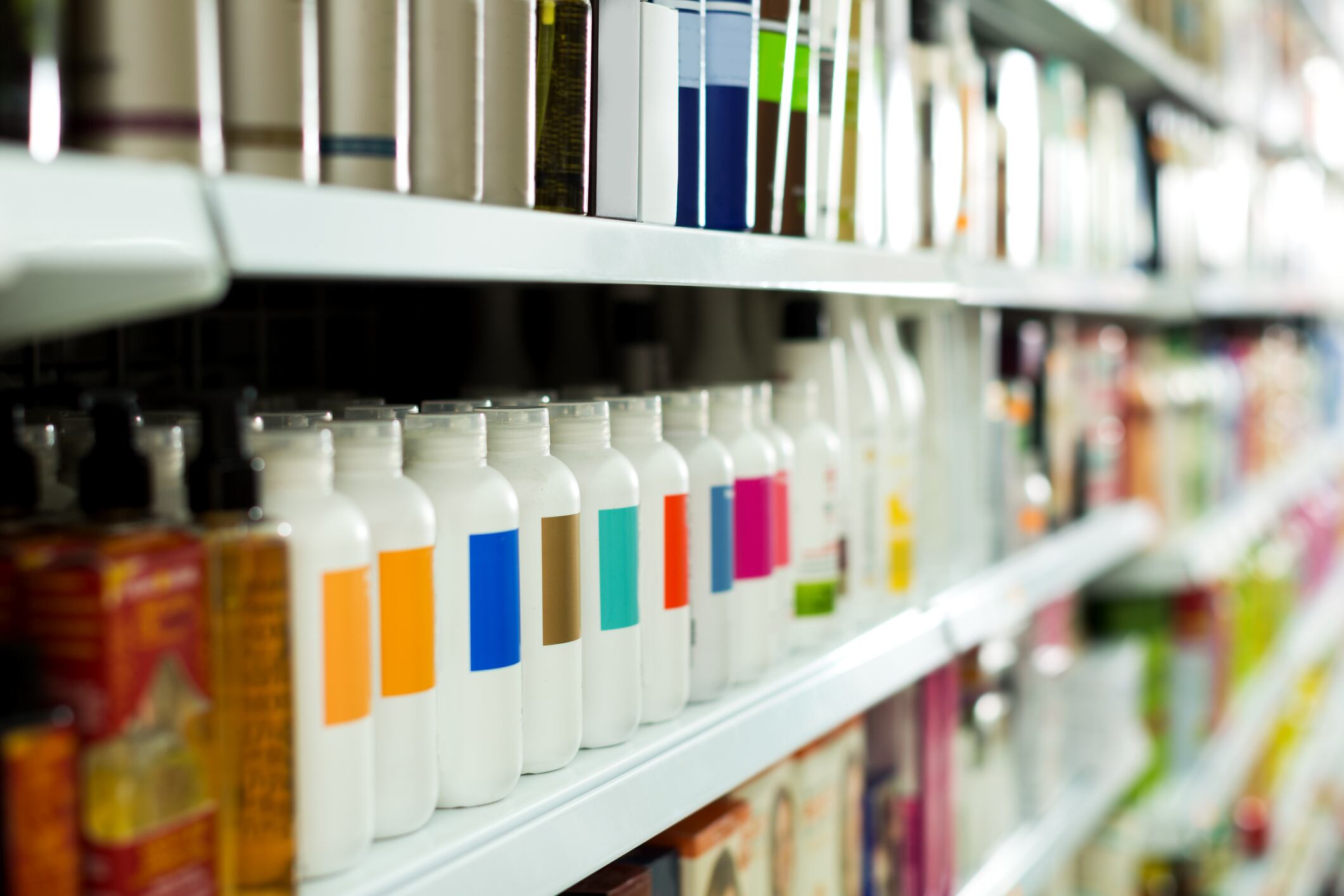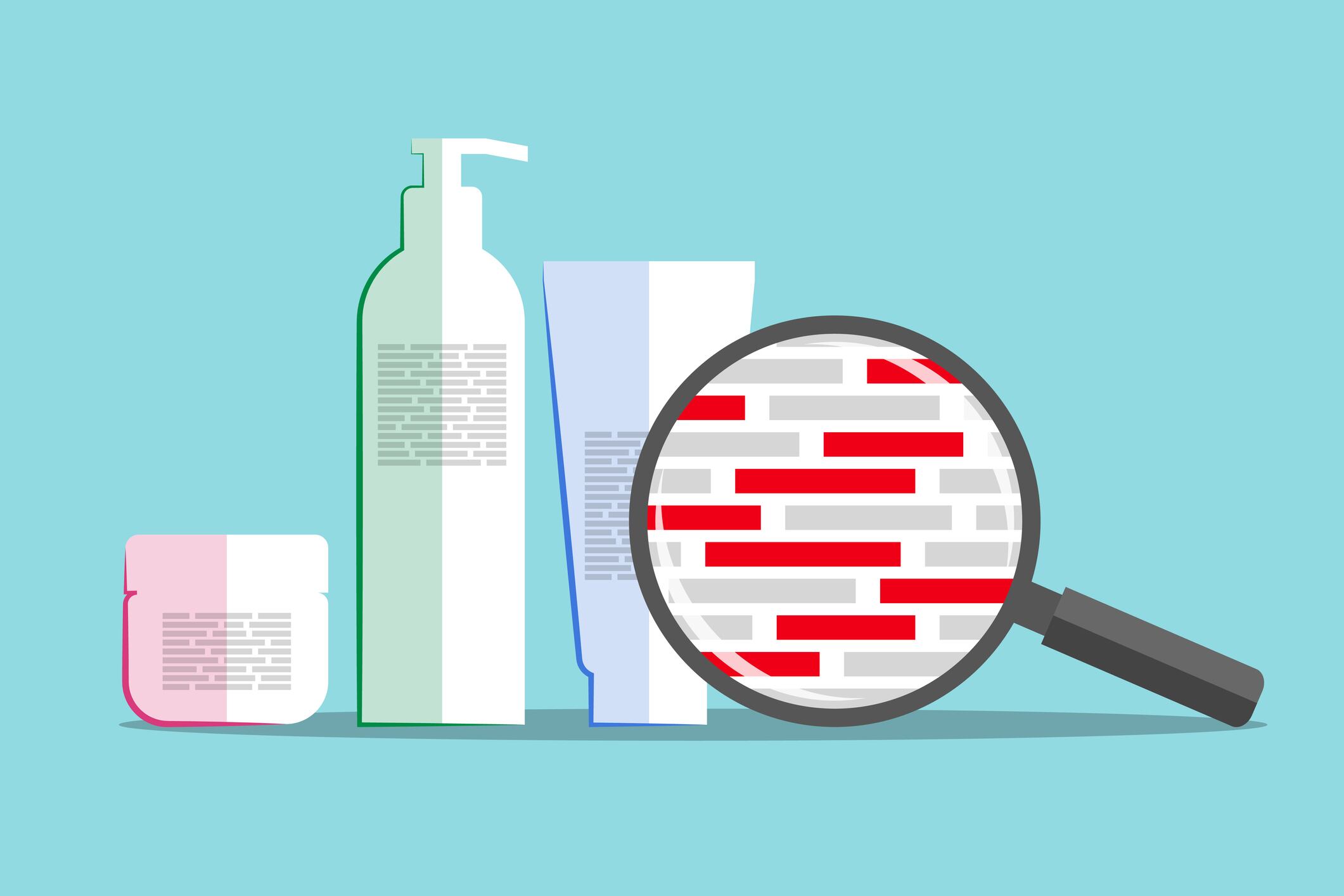Recently, CosmeticsDesign reported the results of a study published in the journal Environmental Justice which explored the use of chemical hair relaxers and skin lightening products and the racialized beauty norms perpetuating their continued use amongst BIPOC. The study, which was conducted by the Columbia University Mailman School of Public Health in partnership with environmental advocacy group WE ACT for Environmental Justice, surveyed and analyzed the responses from 297 female or femme-presenting individuals regarding frequency of historical and current use of these products. Researchers concluded that the results provide evidence that “chemical straightener use has declined among Black women, in line with the rise of the natural hair movement, while skin lightener use among Asian women has remained steady.”
To better understand the industry response to these findings, CosmeticsDesign reached out to the Personal Care Products Council for their insights into the results and their potential impact on the cosmetics and personal beauty care industries. The PCPC is a leading national trade association, comprising 600 member companies and representing the interests of cosmetics and personal care product companies across legal, regulatory, legislative and other industry-related issues. We spoke with several internal PCPC subject matter experts for their interpretation and understanding of the data and its potential implications throughout the cosmetics and personal beauty communities.
CDU: We recently published an article detailing the results of a study conducted by the Columbia University Mailman School of Public Health on racialized beauty norms and the use of potentially harmful products like chemical hair relaxers and skin lighteners. What are your thoughts on the study’s findings?
PCPC: The Edwards paper reports on their research on the use of these products in the context of social and environmental justice. However, the study authors’ conclusions claiming companies fail to disclose ingredients and use targeted marketing are neither supported nor even studied in the paper.
The Personal Care Products Council (PCPC) and our member companies believe there is nothing more important than the safety of our products and the trust that consumers place in them. If our consumers can’t believe in a product and rely on it to do what it says, then nothing else matters.
Our 600 members represent approximately 90% of the U.S. beauty industry and are some of the most recognized and trusted brands in beauty and personal care today. These companies are committed to ensuring consumer choice and access to safe and effective products that meet the differing needs of individuals and their families. Science and safety are the cornerstone of our industry.
In the U.S., cosmetics are regulated by the U.S. Food and Drug Administration (FDA) under the Federal Food, Drug, and Cosmetic Act (FD&C Act) and the Fair Packaging and Labeling Act (FPLA). All cosmetics products and their ingredients are subject to the same safety requirement under the FD&C Act – companies have a legal responsibility to ensure that their products and the ingredients used in them are safe for consumers before they are marketed to the public. Product safety is also established though strict adherence to the principles of Quality Assurance and Good Manufacturing Practices.
For more than a decade, PCPC and member companies have worked diligently with a bipartisan group of congressional leaders and a diverse group of stakeholders to enhance the effectiveness of the FDA’s regulatory authority and to provide the safety reassurances that consumers expect and deserve.
The long-awaited Modernization Cosmetics Regulation Act (MoCRA) of 2022 adds significant new authorities to the Federal Food, Drug, and Cosmetic Act (FDCA), advances product safety and innovation for the science-driven beauty and personal care industry and reinforces consumer confidence. As a result, the FDA will have new tools to regulate cosmetics and personal care products consistently.
CDU: The study determined chemical hair relaxer use is decreasing at 15% current overall use reported. Is this solely attributed to the natural hair trend, or is this evidence that BIPOC are rejecting beauty products with harmful ingredients to conform to Eurocentric beauty norms?
The beauty and personal care industry is committed to transparency and disclosure around its products. Consumers have a right to know what is in the products they use, but they also have a right to understand what those ingredients do.
Although PCPC member companies have long provided more product information than is required by law, MoCRA will significantly increase transparency, including listing each product with the FDA, its ingredients and where it is manufactured. PCPC member companies continue to add more detailed information about ingredients, ethical sourcing, safety and resource-efficient production on their corporate websites. Transparency is important to us.
We know that transparency builds trust—the bedrock of consumer relationships. By giving consumers more access to information from manufacturers, consumers can make informed choices about the best products for themselves and their families.
Additionally, PCPC and our member companies support federal and state anti-discrimination legislation as a CROWN (Creating a Respectful and Open World for Natural Hair) Coalition member and an active advocate for the CROWN Act, which seeks to prevent discrimination based on characteristics such as hair texture and styles, particularly those common in the Black community.
Legislation such as this creates a clear link between natural hair and race and broadens the scope of protections to prevent more subtle forms of bias that may be found in the workplace. Grooming and dress are an important part of culture and society and should be fully embraced and respected.
CDU: The study also determined rate of use has remained consistent and that 57% of respondents of Asian descent currently use skin lightening products. Are there any ways to better address this user demographic regarding toxic ingredients in beauty products?
PCPC: Consumers rely on PCPC’s organizational website and its science and safety resource, CosmeticsInfo.org, for accurate and credible information about the industry’s innovation and the thousands of ingredients used in cosmetics and personal care products.
CosmeticsInfo.org is a comprehensive, informational database containing science and safety information on cosmetics and personal care products – how they work, data to corroborate safety and science behind commonly used ingredients. Developed and maintained by scientists and subject-matter experts, CosmeticsInfo.org is a trusted resource visited by millions of individuals and families around the world each year.
CDU: Are BIPOC still being left out of the clean beauty conversation in 2023?
PCPC: We encourage consumers to read product labels to find out if there are ingredients they want in their products or any they want to avoid. As a scientifically sophisticated industry, PCPC member companies continuously innovate to provide new, quality and safe products that consumers can trust and to meet the increasing demand for variety.
CDU: Anything else you would like to add?
PCPC: The Edwards paper only examines the social uses of these products and does not conduct any type of safety assessment.





